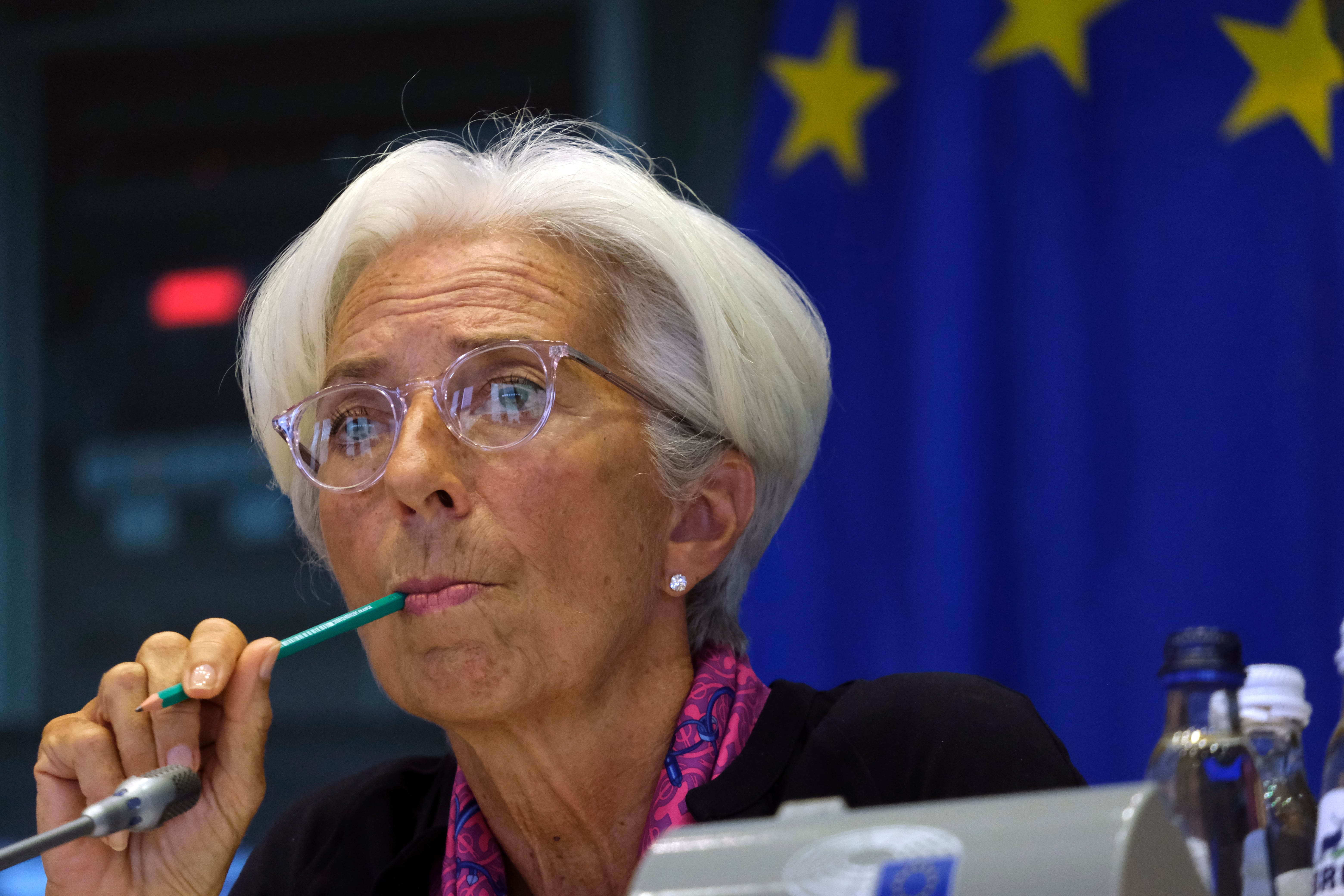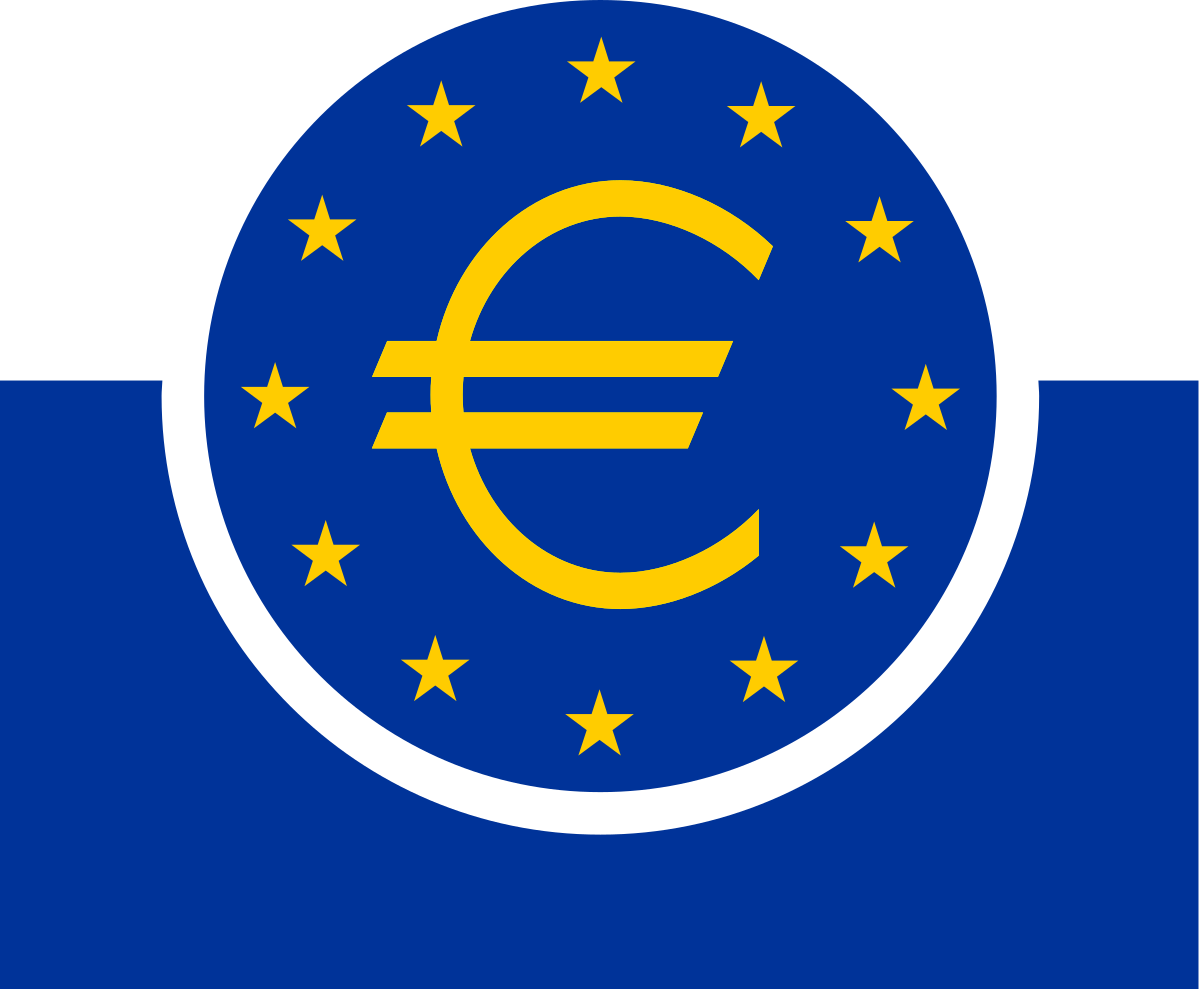ETFs tracking European equities are feeling the effects of decades-long underperformance which looks set to intensify as the continent’s economic outlook deteriorates.
Europe equity ETFs have experienced $5bn outflows this year, according to data from Bloomberg Intelligence. By contrast, Europe-focused fixed income ETFs have seen $9bn inflows in one of the most extreme divergences between the two asset classes on record.
It comes as spiralling inflation and a worsening energy crisis grip the continent which looks likely to prolong its long-term underperformance versus the US stock market and push investors into assets viewed as safe havens.
Eurozone inflation hit a record high in August of 9.1% driven by rising energy prices across the continent.
Markets have now priced in a 75bps interest rate hike to 1.25% when the European Central Bank (ECB) meets later this week. The Bank of America is now predicting three more hikes landing at 2.25% by June 2023.
Bond yields across the eurozone rose sharply last week following the news with the Italian 10-year yield topping 4% on Thursday as the country finds itself in the middle of an election and a deepening energy crisis.
As a result, hedge funds have lined up the biggest bet against Italian government bonds since 2008 at €39bn, according to data from S&P Global Intelligence.
The country is particularly sensitive to rising energy prices having previously relied heavily on Russian gas. Last week, its economic minister said its net energy import costs are set to double to nearly $99.5bn this year.
Investors have made their sentiment clear, pulling $557m from Italian equity ETFs and $175m from fixed income ETFs year to date, despite many fixed income markets recording inflows.
For example, German bonds have recorded $978m inflows year-to-date, followed by the UK ($581m), Switzerland ($164m) and France ($142m).
Europe’s flagship bond market, the German Bund, recorded some of the biggest swings for a decade in August in anticipation of ECB rate hikes.
Conversely, equity markets in Europe have faced significant outflows with ETFs tracking the German stock market recording $655 outflows while France and Spain recorded $480m and $156m outflows, respectively.
Jose Garcia Zarate, associate director for passive research at Morningstar, said: “The first half of 2022 has been terrible for equity markets so it is no surprise to see some European investors bowing out and rebalance their portfolios in favour of the perceived safety of fixed income.
“Also, the rise in bond yields, due to the increase in interest rates, is likely to have tempted investors back to bonds.”
Is Europe at risk of falling out of favour?
While the current market outlook is troubling for European equities, it is the decade-long underperformance versus the US which has left investors questioning its relevance.
So far this year, 27% of Europe-focused ETFs are beating the iShares MSCI World ETF (URTH) while 22% have outperformed the SPDR S&P 500 ETF (SPY), according to Bloomberg Intelligence. Over the past decade, the S&P 500 index returned 246% while Europe strategies gained 71% on average.
These lacklustre returns have already seen Europe ETFs fall out of favour with US investors. No ETFs predominantly tracking European equities have come to market in the US since 2018 while 37 have closed over the same period.
Athanasios Psarofagis, ETF analyst at Bloomberg Intelligence, said: “Most of the ETFs shut in 2020 when several issuers idled currency-hedged versions. However, the loss of interest in Europe ETFs stems partly from their widespread underperformance.”
In the US, redemptions from European strategies have exceeded $10bn year-to-date, losing $7.3bn over a rolling three-month basis, their worst streak since 2016.
Garcia Zarate added US investors will only consider Europe as a tactical call which is typically correlated to US equities, while the current inflationary environment within Europe means there is not a “compelling reason to bring it into one’s portfolio”.
“Temporarily Europe will have fallen out of favour,” he said. “The short-term outlook for the European economy is hardly bright. War, threats of energy cuts, depreciation of euro and sterling, it is not the best advertising.”
Detlef Glow, head of EMEA research at Refinitiv Lipper, said he believes the high growth environment of the last decade means Europe lost a lot of ground compared to US equities.
“One reason for this might be the fact that Europe is seen as the ‘old continent’ with only a limited number of real growth companies compared to the US,” he said.
“In combination with the assumption that the US will grow faster than Europe, this might be the reason why European investors preferred to invest in US stocks rather than in European equity.”
Related articles






